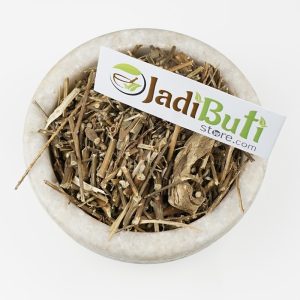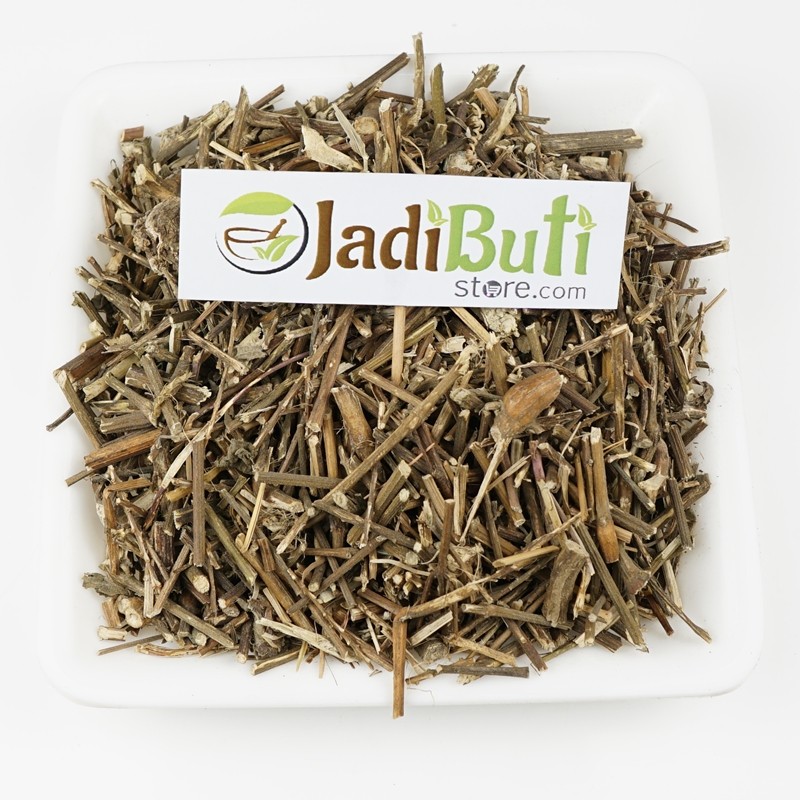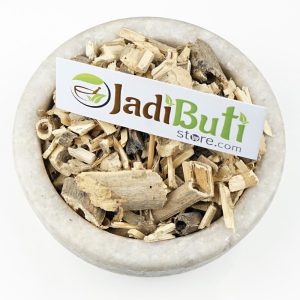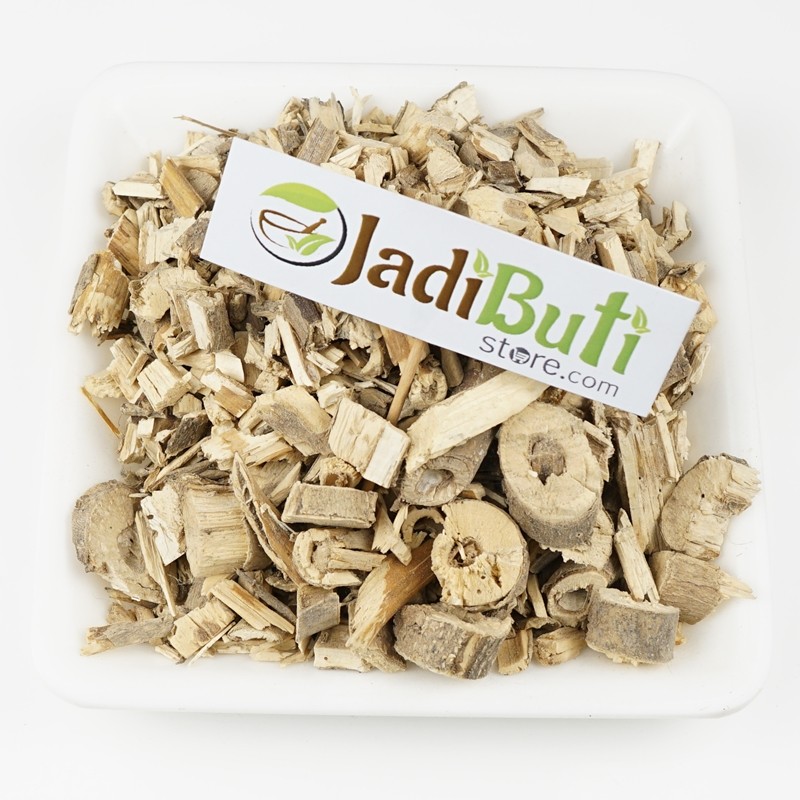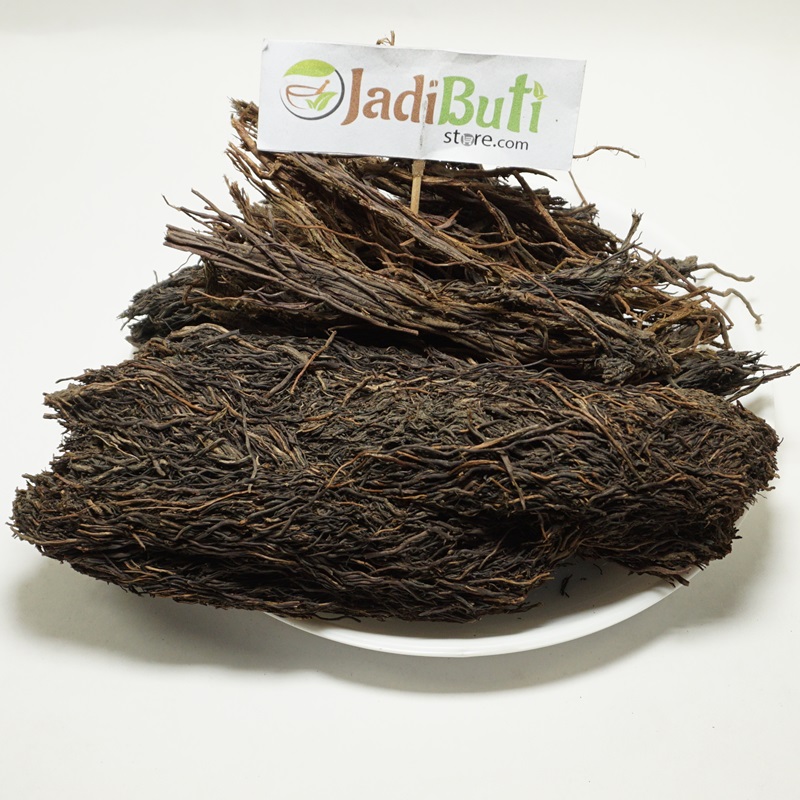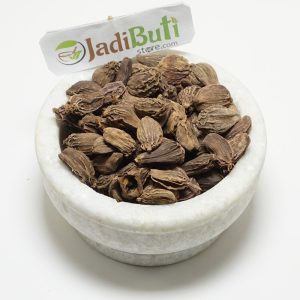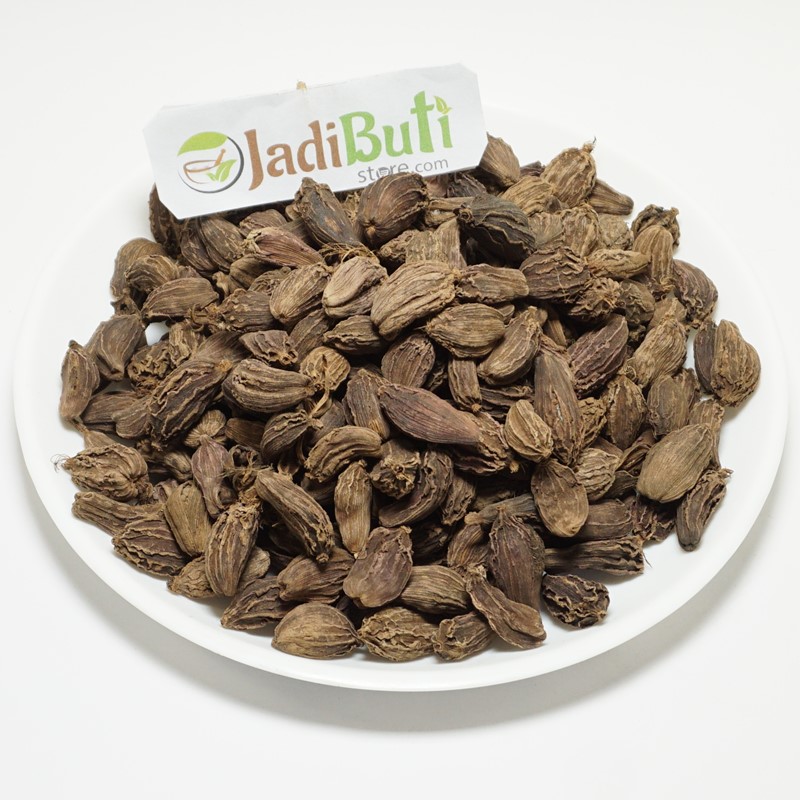Herbs
Showing 13–24 of 199 results
-

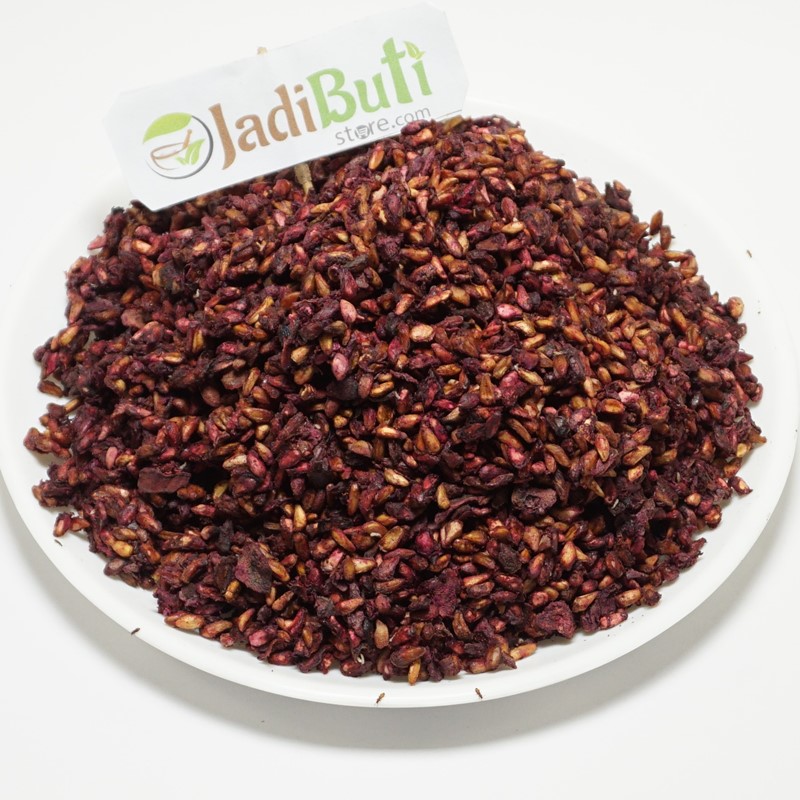
Anardana – अनारदाना – Pomegranate dry seed – Punica Granatum
₹90.00 – ₹730.00Quick ViewAnardana – अनारदाना – Pomegranate dry seed – Punica Granatum.
Anardana Name in Different language
Anardana in English – Pomegranate
Anardana in Hindi – Anaar
Anardana in Sanskrit – Daadim, Lohit pushpak, Dant beej
Anardana in Marathi – Daalib
Anardana in Gujarati – Daadam
Anardana in Bengali – Daalim
Anardana in Telugu – Danimma
Anardana in Parsian – Anaar, Sheeri Anaar
Anardana in Arabic – Rooman, Hamiz
Anardana in Latin – Punica Granatum
-
Sale!

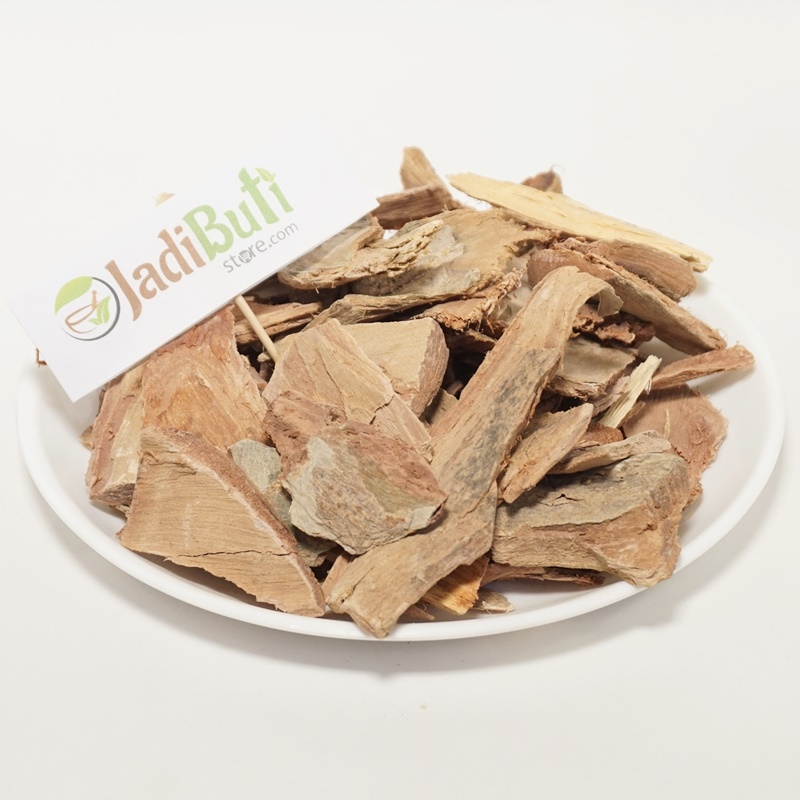 10%
10% Arjun Chaal – अर्जुन छाल – Arjun Tree – Terminalia Arjuna
₹99.00 – ₹825.00Quick ViewArjun bark | Terminalia Arjuna.
Ayurvedic Classification Description Rasa (taste) Astringent, bitter Guna (qualities) Light, dry Virya (potency) Cooling Vipaka (post-digestive effect) Pungent Dosha effect Pacifies Pitta and Kapha doshas Karma (actions) Cardiac tonic, anti-inflammatory, anti-arthritic, astringent, digestive, and diuretic Dhatu (tissue) affinity Works primarily on the blood, plasma, and muscle tissues Srotas (channel) affinity Works primarily on the cardiovascular, digestive, and urinary channels Prabhava (special effect) Helps to support cardiovascular health and function Active Compound Benefits Tannins Anti-inflammatory, antioxidant, and wound-healing properties Arjunic acid Antioxidant, anti-inflammatory, and antitumor properties Arjunetin Antioxidant and cardioprotective properties Gallic acid Anti-inflammatory, antioxidant, and antimicrobial properties Ellagic acid Antioxidant, anti-inflammatory, and antitumor properties Flavonoids Antioxidant, anti-inflammatory, and immunomodulatory properties Saponins Cardioprotective, anti-inflammatory, and anti-cancer properties Betulinic acid Antitumor and anti-inflammatory properties -


Ashwagandha – अश्वागंधा – Winter cherry – Withania somnifera
₹160.00 – ₹1,285.00Quick ViewAshwagandha | Winter cherry
Scientific Name : Withania somnifera. | Part : Dried roots
Ayurvedic Classification Description Sanskrit Name Ashwagandha (अश्वगंधा) English Name Winter cherry, Indian ginseng Botanical Name Withania somnifera Family Solanaceae Parts Used Roots, leaves Taste (Rasa) Bitter (Tikta), astringent (Kashaya), sweet (Madhura) Energy (Virya) Heating (Ushna) Post-Digestive Effect (Vipaka) Sweet (Madhura) Dosha Effect Balances all three doshas (Vata, Pitta, Kapha) Tissue (Dhatu) Affinity All tissues, especially nerve and reproductive tissues Channel (Srotas) Affinity Respiratory, reproductive, and nervous system Action (Karma) Rejuvenative (Rasayana), adaptogenic, calming (Sattvic), immune-stimulating, aphrodisiac, cognitive enhancer (Medhya Rasayana) Active compounds and benefits of Ashwagandha:
Active Compounds Benefits Withanolides Anti-inflammatory, anti-tumor, immunomodulatory, neuroprotective, anxiolytic Alkaloids (such as somnine and somniferine) Sedative, analgesic, smooth muscle relaxant, anti-inflammatory Saponins (including sitoindosides) Adaptogenic, anti-stress, immune-boosting, anti-inflammatory Amino acids (including tryptophan) Calming, anti-anxiety Choline Cognitive enhancer, memory improvement Iron Nutritional support for healthy blood cells -
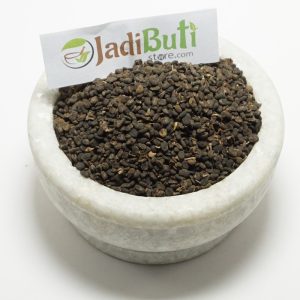

Babchi – बाबची – Purple Fleabane – Psoralea corylifolia Linn
₹80.00 – ₹560.00Quick ViewBabchi – बाबची – Purple Fleabane – Psoralea corylifolia Linn
Babchi in English Name : Babchi Seeds, Purple FleabaneBabchi in Hindi Name : BabchiBabchi in Latin name : Psoralea corylifolia Linn.Babchi in Urdu Name : BabchiBabchi in Arabic Name : Mehlab AswadBabchi in Bengali Name : HakuchBabchi in French Name : PsoraléaBabchi in German Name : AsphaltkleefrüchteBabchi in Gujarati Name : Bavachi, BakchiBabchi in Kannada Name : Bauchige, Bhavantibeeja, Bhavanchigid, BaukuchiBabchi in Marathi Name : BawchiBabchi in Punjabi Name : Babchi, BavchiBabchi in Sanskrit Name : Vakuchi, BakuchiBabchi/Bakuchi is an important ayurvedic medicine which is used for the treatment of multiple health conditions. It is primarily used for the treatment of skin conditions including acne and dull, lifeless skin with poor complexion. It increases blood flow to the skin and can also be used as a mask to attain brighter complexion. It is also useful in pains associated with inflamed module along with digestive disorders including constipation.
Key Information:
- Primarily used for the treatment and prevention of skin disorders
- It can be used as a laxative to treat constipation, bloating, and loss of appetite
- Improves skin and nail health and also contains antioxidant properties
- Help to purify the blood
- Eczema, psoriasis and leprosy are some of the ailments which can be treated with babchi
- It can also be used for the treatment of kidney disorders and vitiligo
Directions For Use:
Take 1 teaspoon of Babchi Powder in a glass of water two times a day after meals or as directed by the physician. -


Babool (kikar) fali – कीकर फली – Acacia – Vachellia nilotica
₹110.00 – ₹825.00Quick ViewBabool dry pods are the dried fruit pods of the Babool tree (Acacia arabica). These pods are commonly used in traditional medicine and as a natural remedy for various health conditions. Babool pods are rich in tannins and flavonoids, which are believed to have anti-inflammatory and antimicrobial properties. They are often used to treat diarrhea, dysentery, gum and dental problems, and skin disorders. Babool pods can be consumed in the form of a decoction or powder, and are also used in various culinary applications as a spice or flavoring agent.
-
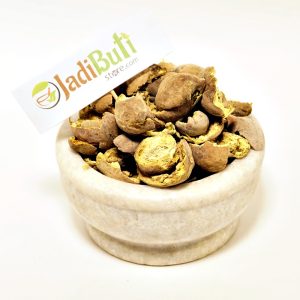
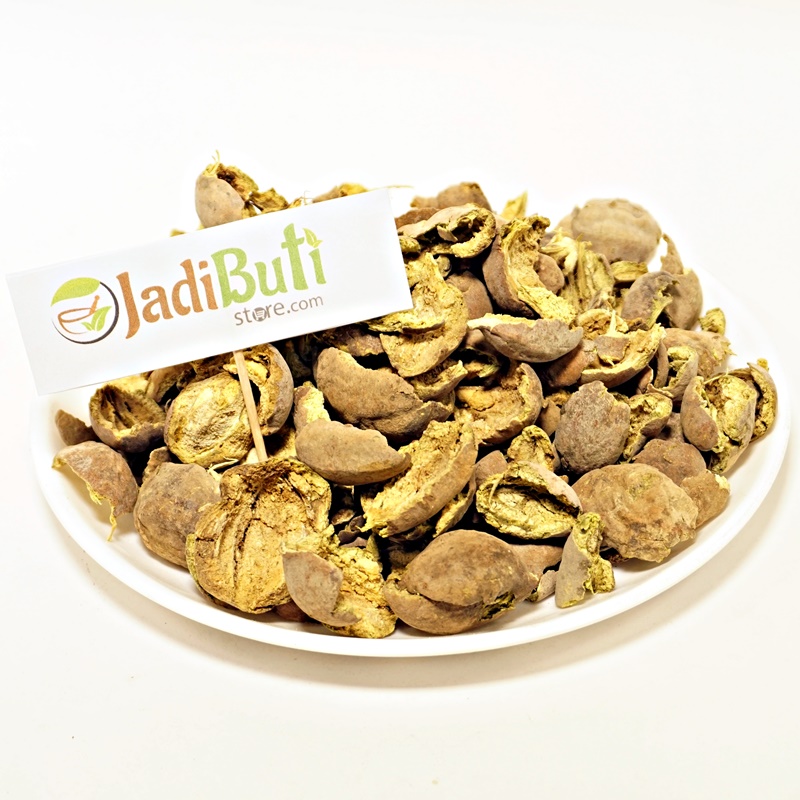
Baheda – बहेड़ा – Bedda chilka – Terminalia bellirica
₹110.00 – ₹865.00Quick ViewCommon Name English Name Scientific Name Part Used Baheda Belleric Myrobalan Terminalia bellirica Fruit, Seed, Bark, Leaves Ayurvedic classification of Baheda (Terminalia bellirica):
Ayurvedic Classification Description Rasa (taste) Astringent, bitter, and sweet Guna (qualities) Light, dry, and sharp Virya (potency) Heating Vipaka (post-digestive effect) Sweet Dosha effect Pacifies Kapha and Vata doshas Karma (actions) Rejuvenative, tonic, laxative, expectorant, and anti-inflammatory Dhatu (tissue) affinity Works primarily on the respiratory and digestive tissues Srotas (channel) affinity Works primarily on the respiratory and digestive channels Prabhava (special effect) May help to improve vision and promote healthy eyes Active compounds and their benefits found in Baheda (Terminalia bellerica):
Active Compound Benefits Gallic acid Antioxidant, anti-inflammatory, and neuroprotective properties Ellagic acid Antioxidant, anti-inflammatory, and anticancer properties Chebulagic acid Antioxidant, anti-inflammatory, antimicrobial, and anti-diabetic properties Chebulinic acid Antioxidant, anti-inflammatory, and hepatoprotective properties Tannins Antioxidant, anti-inflammatory, and anti-cancer properties Phytosterols Cardiovascular health benefits, cholesterol-lowering properties β-sitosterol Anti-inflammatory and immune-boosting properties Lupeol Anti-inflammatory, anti-tumor, and anti-microbial properties Quercetin Anti-inflammatory, antioxidant, and anti-cancer properties Galloylglucose Anti-inflammatory, antioxidant, and anti-cancer properties -


Baheda – बहेड़ा – Bedda Nuts – Terminalia bellirica
₹110.00 – ₹865.00Quick ViewBaheda : Whole Nut
Common Name English Name Scientific Name Part Used Baheda Belliric Myrobalan Terminalia bellirica Fruit and Seed Ayurvedic classification of Baheda (Terminalia bellirica):
Ayurvedic Classification Description Rasa (taste) Astringent, bitter, and sweet Guna (qualities) Light, dry, and sharp Virya (potency) Cooling Vipaka (post-digestive effect) Sweet Dosha effect Balances all three doshas, but particularly pacifies Kapha and Pitta Karma (actions) Rejuvenative, astringent, expectorant, carminative, laxative, and antidiarrheal Dhatu (tissue) affinity Works primarily on the respiratory, digestive, and reproductive tissues Srotas (channel) affinity Works primarily on the respiratory, digestive, and reproductive channels Prabhava (special effect) Nourishes and strengthens the hair, skin, and nails Active compounds and their benefits found in baheda:
Active Compound Benefits Gallic acid Antioxidant, anti-inflammatory, and anti-cancer properties Ellagic acid Antioxidant, anti-inflammatory, and anti-cancer properties Tannins Antioxidant, anti-inflammatory, and anti-diabetic properties Vitamin C Antioxidant, immune-boosting, and anti-inflammatory properties β-Sitosterol Anti-inflammatory, immune-boosting, and cholesterol-lowering properties Kaempferol Antioxidant, anti-inflammatory, and anti-cancer properties Quercetin Antioxidant, anti-inflammatory, and anti-cancer properties Chebulagic acid Anti-inflammatory, anti-cancer, and anti-diabetic properties

